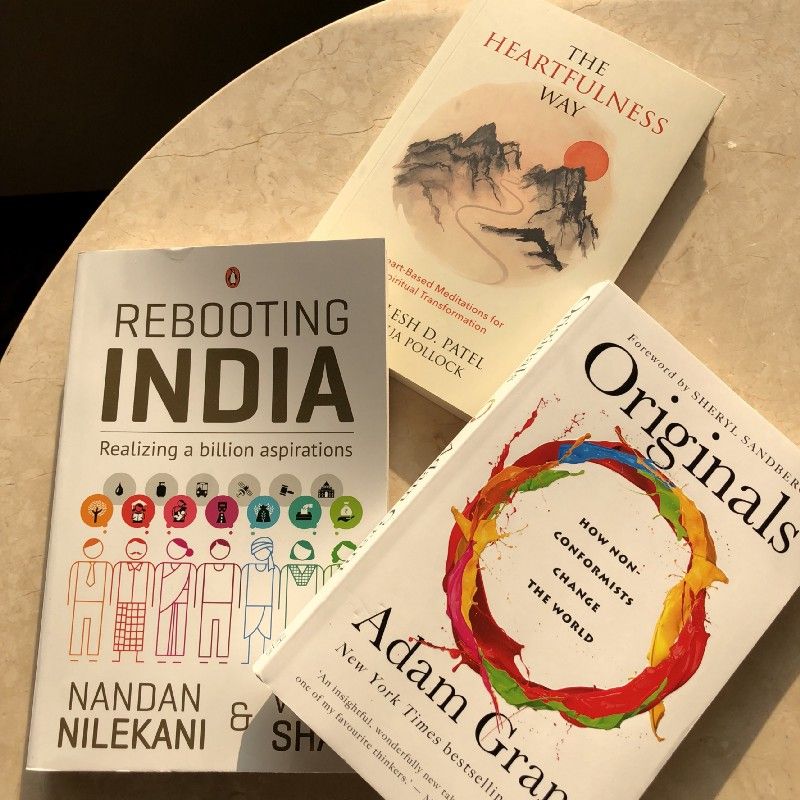Kalaari Summit 2018
A summary

A summary
Yesterday I had the pleasure of attending Kalaari Capital’s annual investor/ founder day in Bangalore. The day was full of some interesting talks interspersed with meeting the who’s who of the startup ecosystem of India. It was a bummer that I arrived slightly late and missed Nandan Nilekani’s session, but I have already heard him speak a few times now to be able to imagine what he would have talked about.
I don’t want to go into too much detail on each session, but wanted to highlight a few topics/viewpoints that shone out for me during the session. It’s good to introspect on where India and the tech world is heading in each of these topics.
Digital Bharat — Amitabh Kant
A bureaucrat having worked on rolling out the BHIM app, Amitabh is no stranger to the problems that India faces. In his talk he highlighted the need for Indian entrepreneurs to focus on challenges specific to India, different from the western world, in three main areas: education, healthcare, agriculture.
An interesting fact: 40% of Class 5 students in India cannot speak Class 2 level English, 25% cannot read and write their native language. In the rat race of education, literacy rate has become simply a statistic and not enough emphasis is paid to quality of education. While he did not dive too much into details on healthcare and agriculture we all know that India’s healthcare infra is abysmal and farmers are still operating manually, eking out meagre sums of money through low yield crops.
I completely agree with Amitabh on the need for founders to focus on these huge challenges that India faces. It’s a bit worrisome that not enough investors are focusing on these problems, likely due to lack of immediate returns. It’s easier to invest millions into a hyperlocal grocery startup that can perhaps sell for billions of dollars to a Chinese eCommerce player, than to invest time, effort and money in improving farmer yields. This is not to say that no one is paying attention, there are definitely a few funds working on this.
India for the Next Decade — Arun Kumar
An ex-bureaucrat in Obama administration, and now Chairman/CEO of KMPG India, Arun fascinated every one with his stories of great political leaders he met in his career and their individual personalities as well as leadership styles. He especially highlighted Lee Hsien Loong’s visit to the US and mentioned Lee Kuan Yew’s (PM Lee’s father and father of the Singaporean nation) foresight and vision.
It struck me then that truly the greatest leaders are the ones that leave a strong legacy behind them. This can be applied to companies as well. Rarely, as investors, do we meet founders who want their companies to outlive them, but when we do, they usually are gems.
Scaling Up — Mukesh Bansal, Ritesh Agarwal, Harsh Jain
The founders talked a lot about hiring and firing, and reiterated the “let go of the wrong person in the job sooner than later, for every one’s benefit”.
It was impressive to be reminded that Ritesh started his company at the age of 19. What was even more interesting was that he did not really have a vision of building Oyo as it stands when he started the company, and was happily making money in a cash cow hotel business, before his ambition took over. It’s good to take away that a founder’s vision can evolve over time, and a person can grow into becoming some one (s)he is not.
#IndiaTrends2018 — Shraddha Sharma
Shraddha (YourStory) took the stage for a short session and left us with a very interesting question:
“Where will the next war be fought?”
If the world continues like it is going today, there is no question that data will govern a lot of how we think and behave and are influenced by. But is Data the new oil? It’s highly likely that the next war will be fought using computers, hackers, and data rather than land, armies, and guns.
Enough doomsday predictions.
Five Interesting Observations
- There was a public poll for choosing the causes you care about. “Virtual Classrooms” and “Clean Ganges” won 👏
- There was an overwhelming majority of male population in the room — my guess would be 95% 🙀
- Most successful companies were started as copycats and evolved into “localised models” for India 🙄
- As a token of appreciation for attending, Kalaari set up a book library to walk away with 2 free books! 😍
- I saw a lot of upstream and downstream funds in the room but not too many reps from “competitive” funds 😉
